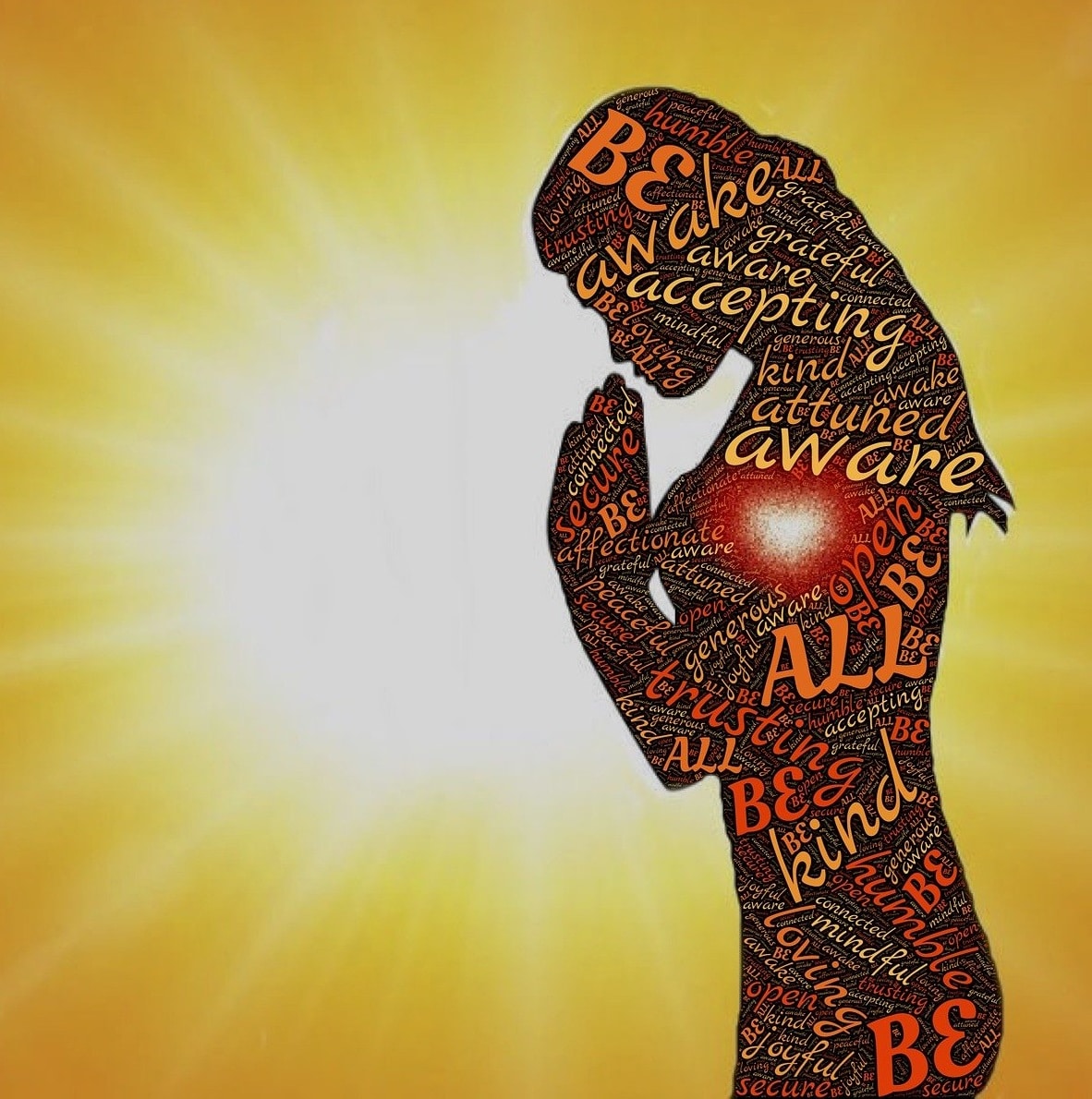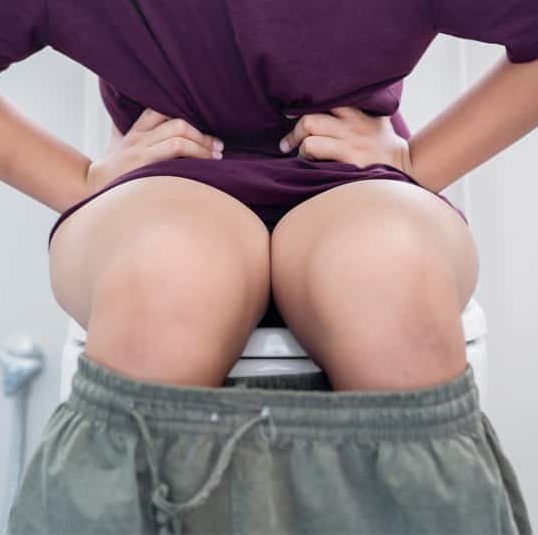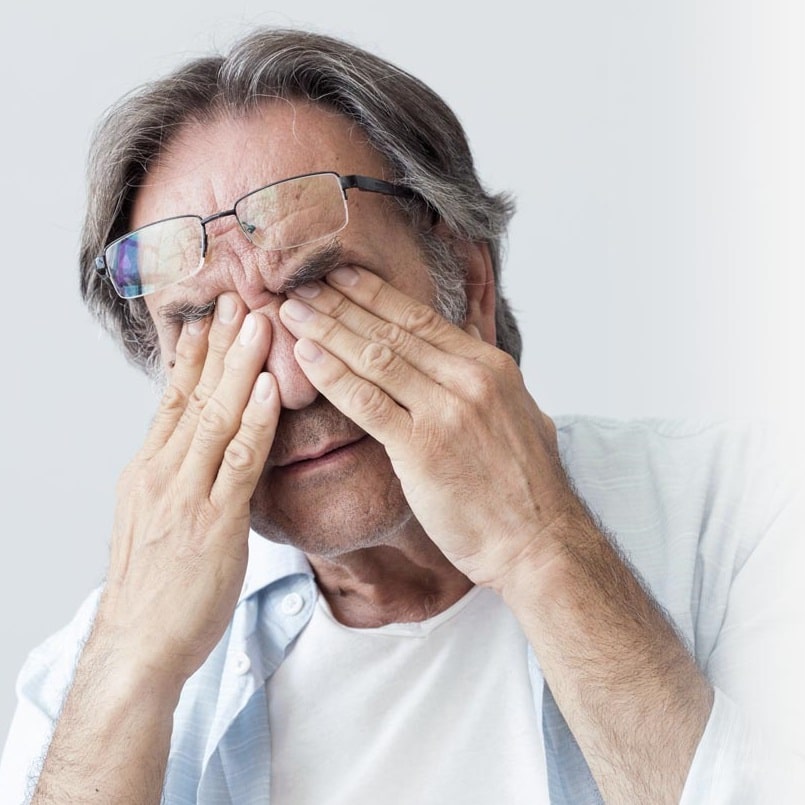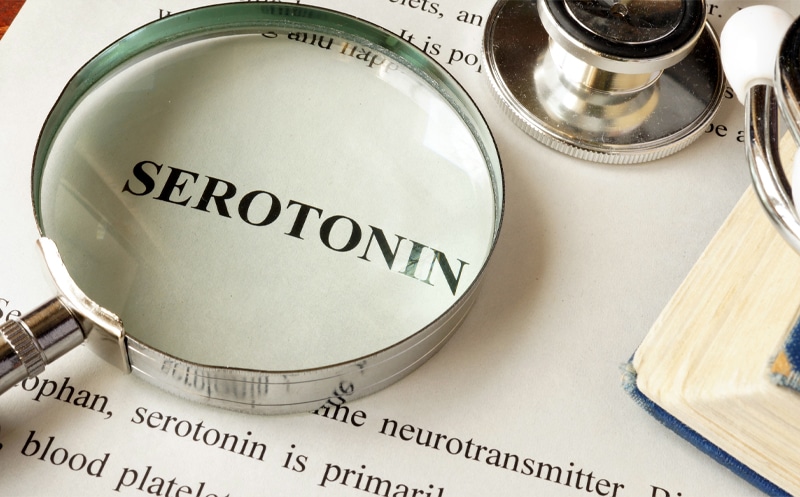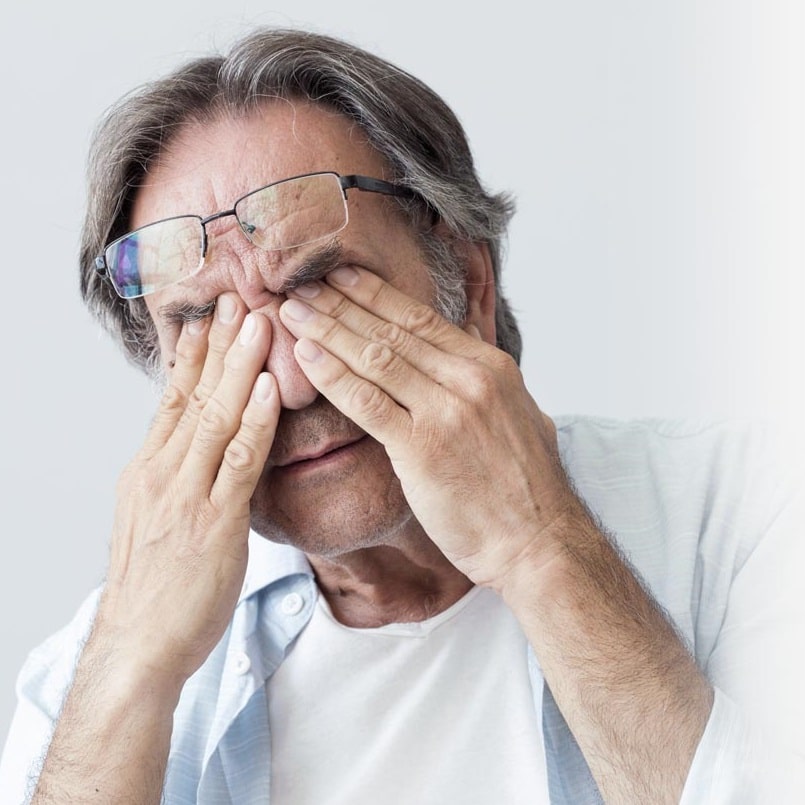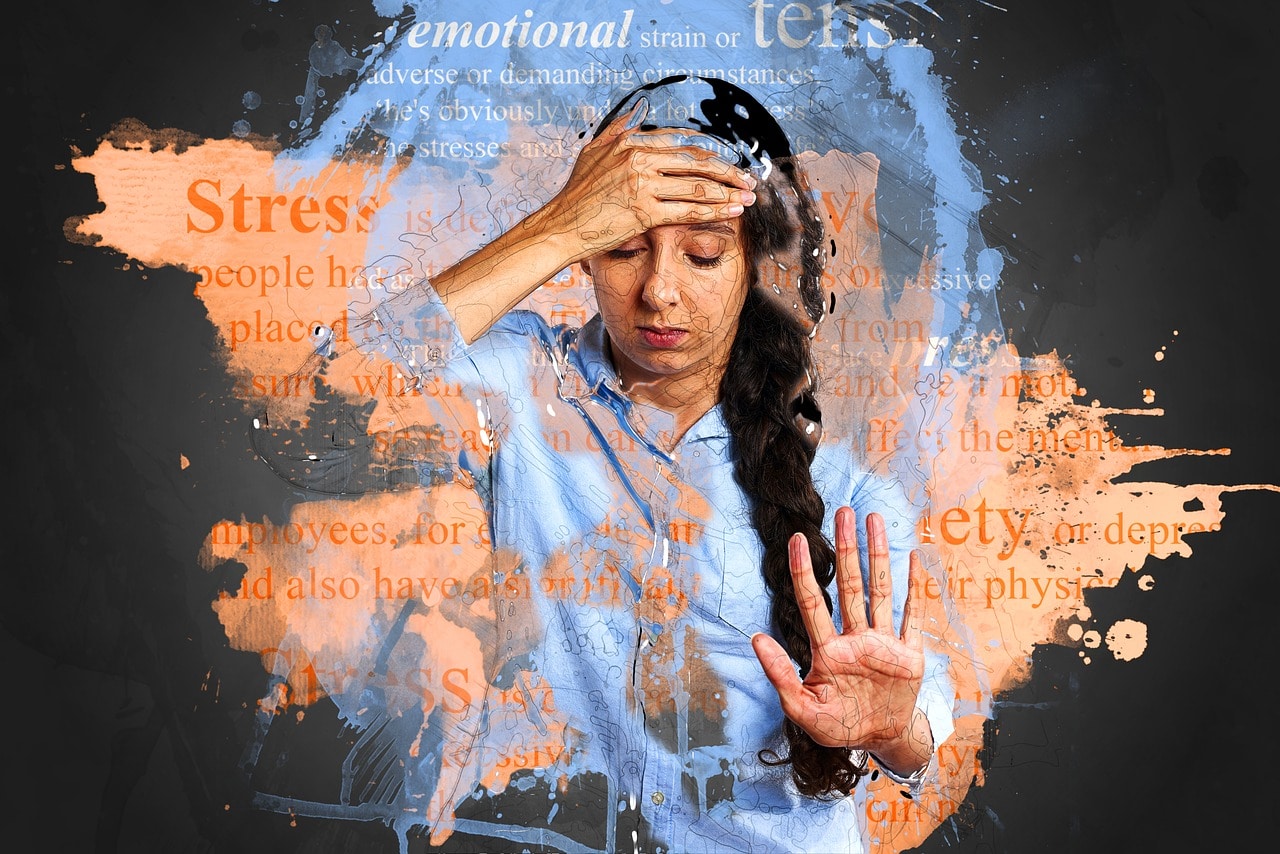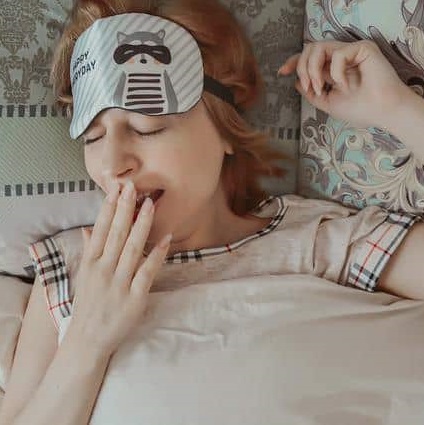What is Blue Light?
Many people are surprised to learn that different colors of light have different effects on the body. Blue lights are beneficial during the day. Blue light boosts reaction times, improve mood, and enhances attention span. Some of the most common sources for blue light include televisions, tablets, smartphones, gaming systems, computer monitors, LED, and fluorescent light bulbs. It is reported that 90 percent of Americans use an electronic device close to bedtime several nights each week. How does all this blue light affect sleep? As night approaches, blue light blocks the body from producing melatonin which is important for sleep.
Circadian Rhythm and Sleep
Our bodies have an internal clock that helps define our sleeping patterns. This internal clock is referred to as the circadian rhythm. Circadian rhythm is your body’s 24 hour sleep and wake cycle. In the presence of darkness, the brain begins producing and releasing melatonin, an important sleep hormone.
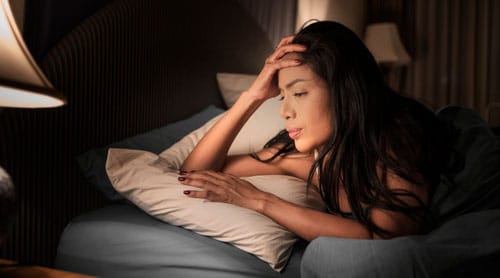
If you struggle to sleep or remain asleep, a person can wake up feeling groggy and moody. Indoor lights as well as the light emitted by televisions, computer screens, cell phones, and tablets can disrupt the sleep cycle and prevent a person from getting to sleep and staying asleep.
Research has shown that disruption of the circadian rhythm can lead to a number of medical problems, including cardiovascular disease, obesity, breast cancer, prostate cancer, and depression. In addition to this, a disruption of the circadian rhythm can affect cell regulation, brain wave patterns, and hormone production.
Overexposure to Blue Light can lead to Sleep Disorders
For most of human history, the sun served as the major source of lighting. During the evenings, after the sun set, lighting options were limited to candles and oil lamps. With the advent of artificial light sources most people have forgotten the importance of turning down bright lights in the evening to prepare the body for the dark night ahead. Turning off blue light emitting devices a few hours before bedtime is imperative for a ensuring a good night sleep. Chronic exposure to artificial light in the evening time can cause circadian rhythm disruptions and lead to delayed sleep phase disorder and insomnia. In turn sleep deprivation will impact mood and memory overtime.
Limit Blue Light Exposure in the Evenings

- Apps – There are apps available for smartphones, computers, and tables that will filter most of the blue light from the screen. These apps do not decrease your ability to clearly see the display.
- Decrease Screen Time – Turning off blue light emitting devices a couple of hours before bedtime can help your body prepare for sleep.
- Dim Devices – Choosing the dark mode or night mode on your devices can help decrease the amount of blue light exposure. These modes change the background of your device to black rather than white.
- Set a Strict Bedtime – One of the best ways to fight insomnia is to set a strict bedtime and use an alarm every day, including the weekends. This will reset your circadian rhythm.
- Set an Alarm – Set an alarm an hour before bedtime. At this time, begin preparing for bed. Lower the lights in your home, put on soft music, and change into pajamas. Within a few days, your body will learn to enjoy and anticipate this preparation for bedtime.
- Special Glasses – There are several different brands of glasses on the market that claim to block blue light. The glasses do seem to help some individuals; however, not everyone benefits from blue light blocking glasses.
- Swap Your Light Bulbs – LED light bulbs produce more blue light than fluorescent bulbs; fluorescent bulbs produce more blue light than incandescent bulbs. Unfortunately, incandescent bulbs are being phased out. Choose a dimmable light bulb that has color changing capabilities. Use red light bulbs in the evening to reduce the effects of light on your internal clock.
Sleep disorders can affect individuals of any age. If you have difficulty falling asleep or staying asleep, our integrative practitioners can help. We use proven methods for insomnia treatment and for other sleep disorders. We help you get the appropriate amount of sleep so you can wake up alert and refreshed. Try and avoid blue light since it affects sleep.











